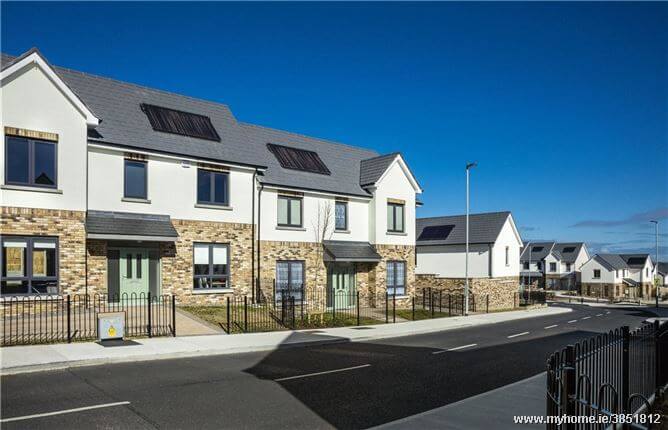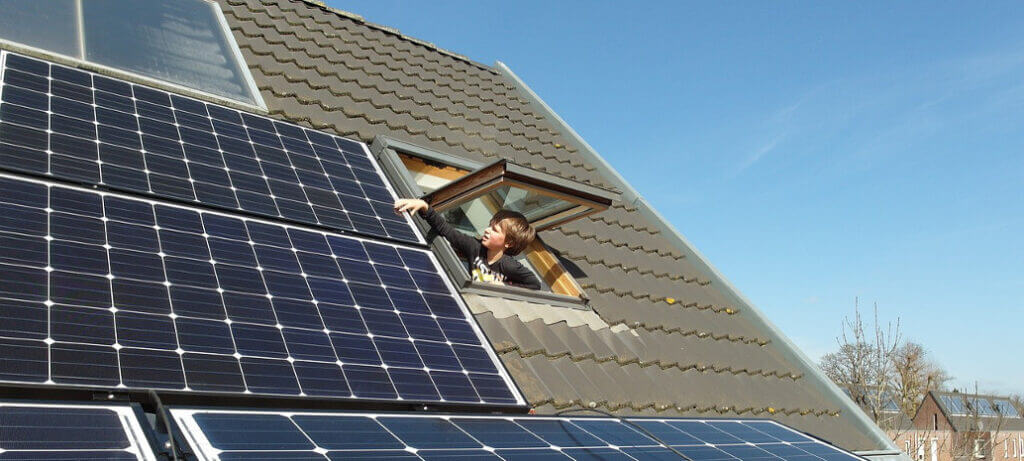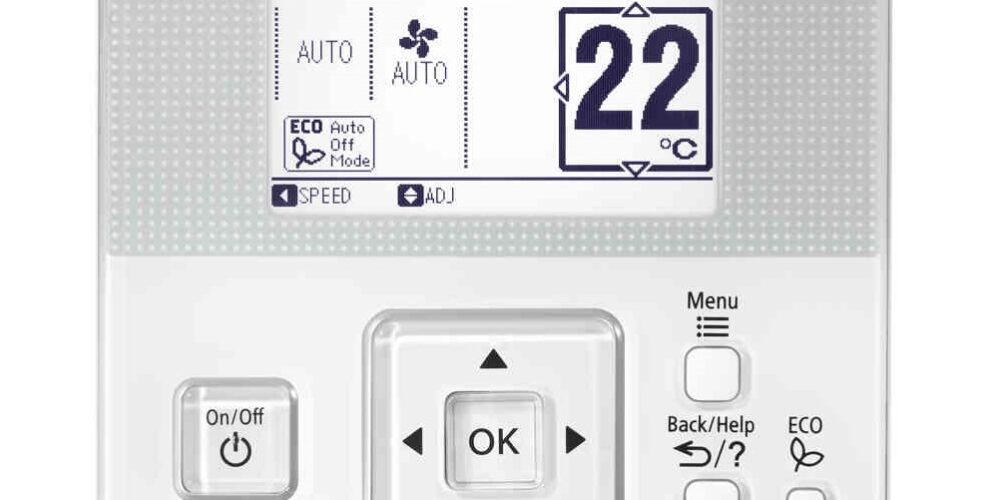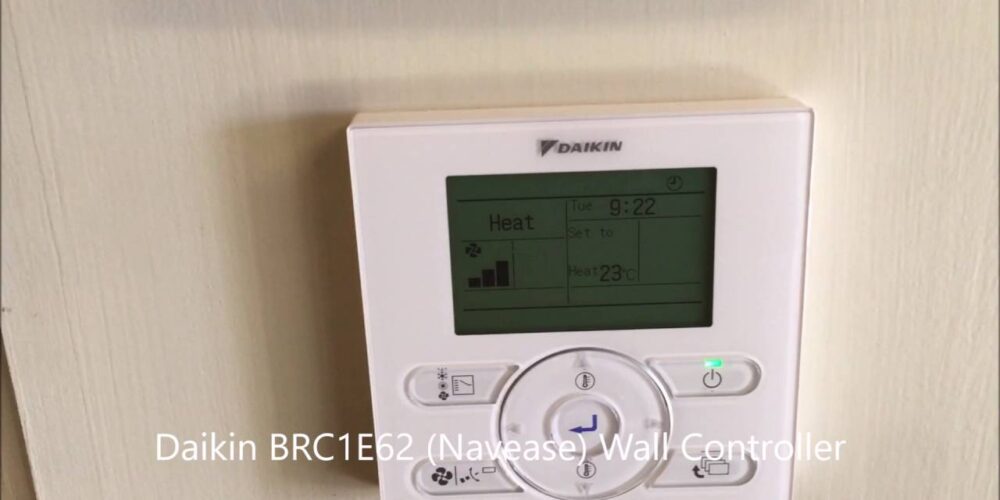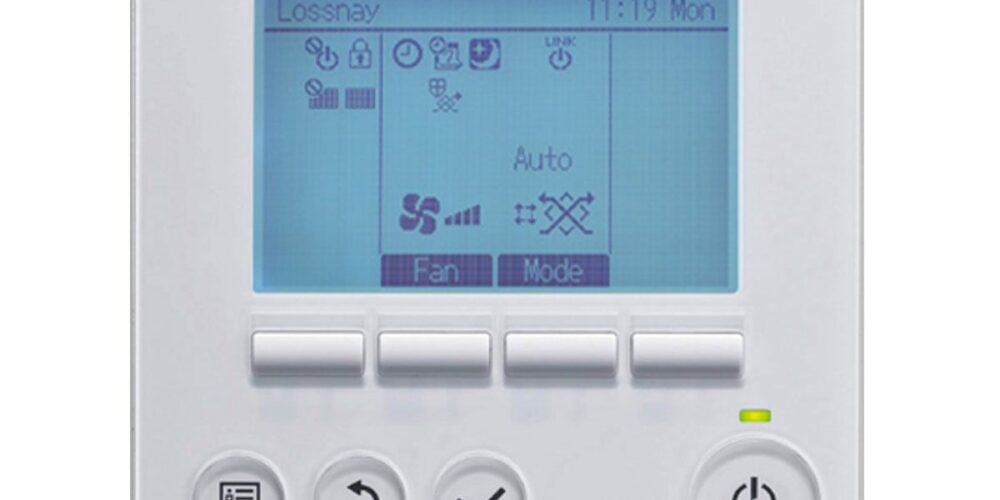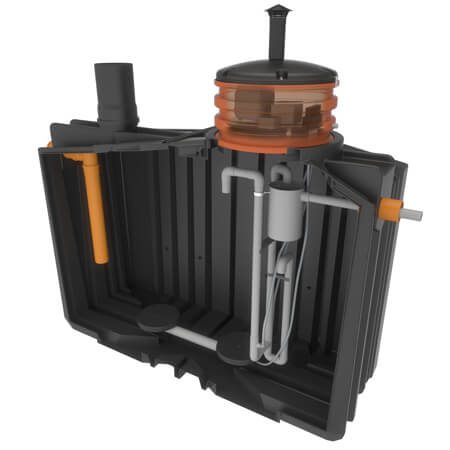So your buying a new home in Ireland, here are a few tips and facts that we tell our clients buying new homes and getting a snag list inspection carried out. Part 1 – Renewable energy systems
Solar panels – solar thermal and solar P.V.
Solar panels. The majority of homes have solar panel system of some description installed (the exception being new homes with heat pumps). This is to meet Part L of the building regulations and the ‘Energy performance of new dwellings”. Of the two types of solar –
1. Solar thermal, Usually tubes on the roof panel but sometimes a flat panel on the roof, these create hot water which is stored in the hot water tank. Straight forward, they do require servicing so don’t assume it just works year in year out. The solar thermal system uses a liquid medium to transfer the heat energy from the roof to the hot water tank (almost always glycol or better known as anti freeze) this glycol ‘siphons’ off and can also degrade. It requires a trained plumber to check, top up or replace every one to two years or so. This type of service can cost a couple of hundred but hey, its free hot water !!! (or at least a contribution in winter to much lower hot water bills and free hot water in the summer*).
2. Solar P.V. or solar electric, these are a flat panel and there will be a box in the attic usually that is called an inverter. Now a common mistake and something that isn’t explained to homeowners is the solar PV creates electricity when daylight / sunlight is up, THIS ELECTRICAL POWER HAS TO BE USED AS IT IS CREATED there is no storage capacity for it or way to store it built into the systems being installed in new homes presently, if you don’t use it, the power goes into your Electrical board, into the meter and back into the grid – going to the house next door for the ESB to charge them for it !, some countries are advanced enough to have meter’s that roll back when the power isn’t used.
Its not a big problem, I tell clients set your home up to use power during the day, I know it’s counter intuitive to what our parents and grand parents told us, cheap night rate power, ( I can still hear my Nan screaming up the stairs ” have you turned off that immersion!!). Now your home creates an amount of free electricity (less in winter – more in summer) so one way to use it is the dishwasher, it heats water and consumes a lot of power heating the water and during it’s run cycle, turn the dishwasher on going out in the morning. Similarly a Washing machine / dryer – most modern ones have a timer to set when they start working, get that to turn on at lunchtime. Leave a couple of devices charging and you’ll ensure that you use more that the amount the panel creates. Jobs done, bills will be lower. This is rarely explained to new home owners I’ve found and it’s actually part of the building regulations that the builder should send a trained individual or the installer of the renewable energy technology (any renewable tech. : solar thermal, PV, heat pumps, MHRV (Mechanical Heat Recovery Ventilation) around to the home when occupied by the new homeowners and provide a run through and assistance with the set up & operation of the technology. This is based around the idea that it’s pointless having energy reducing technology and systems installed to heat and power a home when you don’t know how they operate or if they are doing their job. Sound thinking however not so much implementation of this rule on the ground I’ve found from site to site.
3. Heat pumps or ASHP’s, heat pumps are quite complex in their installation and operation which only serves to underline the need for hands on guidance from the installer to the new owners. Very low cost when operated correctly our highlights when you own a new home with an ASHP (Air Source Heat Pump) installed:

- The compressor unit (which looks like the box you see outside buildings with air conditioning) – this requires unimpeded air through from one side to the other so it should never be covered, fenced in, treated like a toy by the kids and it does drip quite a bit of water out of its base or a tube at the rear. Don’t worry this is condensate & normal. The installer should have placed the compressor over a gully or land drain (ACO channel) or alternatively a gravel drainage bed. If you have large amounts of water pooling on the path below the unit, well all I can say is you should have gotten Conspect Engineering in to do your snag list! You likely have a problem and should be careful in the winter when the water freezes.
- Heat pumps do need servicing just the same as your Gas boiler or oil fired heating. Many think as it’s such a quiet electrical powered system that it just operates year in year out with out needing attention. This is not the case – these systems have gas in them (heat pump refrigeration gas – R410A, the replacement gas to R-22 environmentally unsafe HFC gas) and this gas requires replacement over use periods. All your hot water and in winter time all your hot water and heating is supplied by the heat pump so it works quite hard and serious damage or replacement parts work will cost A SMALL FORTUNE, so stick to the manufacturer’s specific service intervals and keep your system running smooth and providing you with low running cost bills. They do require less service to a degree but always check with the manufacturer.
- Heat pumps are low temperature systems (working up to 30o C) as opposed to oil and gas which operate up to 60o C which means you can’t dry clothes on a radiator and generally they are just warm to the touch. When the system has problems you should be aware of the location of the control panel (not to be confused with the room thermostats that you control the day to day running and on / off of heat or timing of hot water etc.). The control panel is generally installed on the Hot water tank or buffer tank unit in the hot press or the heat pump internal unit, still just the buffer tank or hot water tank but encased in a box (see images below). This control panel will have a fault alarm and error code read out. If you see a problem here its time to call your service agent otherwise you can find it’s either no heat / hot water or worse again your ESB bill just doubles or triples as the system is over using electricity to provide heat and hot water to your home.
